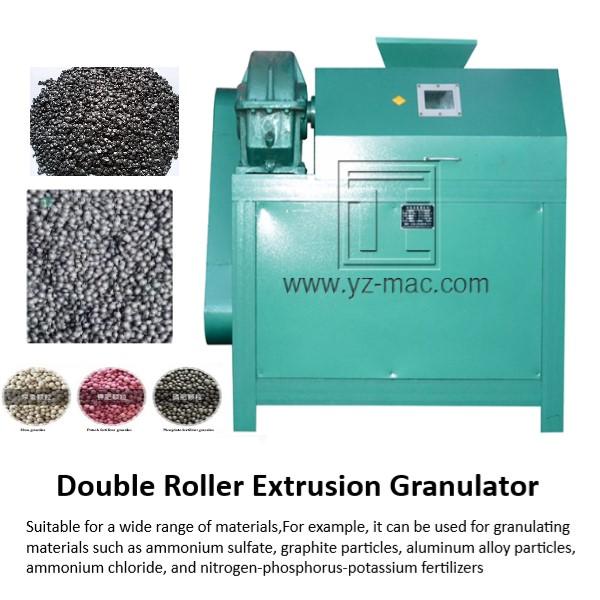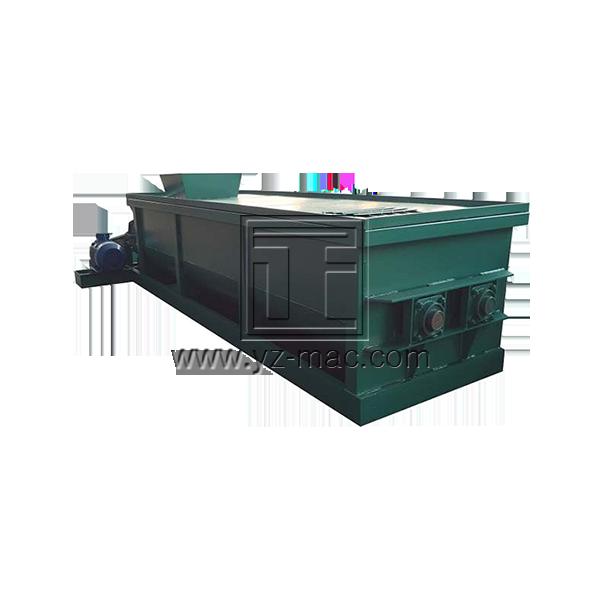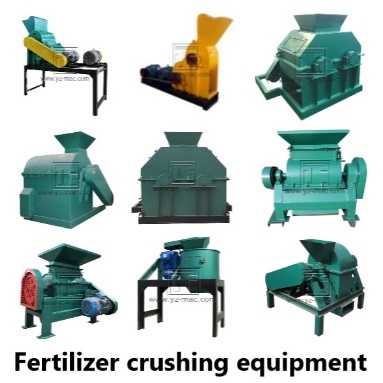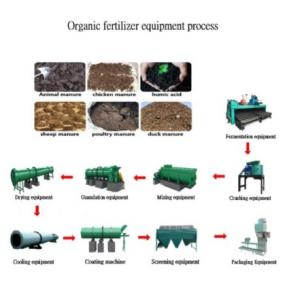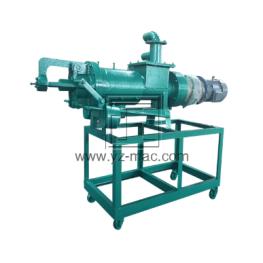Compost manufacturing machine
A compost manufacturing machine, also known as a compost production machine or composting system, is specialized equipment designed to efficiently produce large quantities of compost. These machines automate and optimize the composting process, allowing for the controlled decomposition and transformation of organic waste materials into nutrient-rich compost.
Efficient Composting Process:
A compost manufacturing machine streamlines the composting process, enabling large-scale production. These machines provide controlled environments with optimal conditions for microbial activity, including temperature, moisture, and oxygen levels. The efficient decomposition and aeration processes ensure faster compost production compared to traditional composting methods.
High Production Capacity:
Compost manufacturing machines are designed to handle substantial volumes of organic waste. These machines can process large amounts of waste materials, allowing for increased compost production. The high production capacity of these machines is ideal for commercial composting operations, municipalities, or agricultural facilities with significant organic waste streams.
Consistent Mixing and Aeration:
Compost manufacturing machines ensure uniform mixing and aeration throughout the composting process. They feature turning mechanisms, mixing arms, or agitators that thoroughly blend the organic waste, ensuring proper oxygen distribution and facilitating the decomposition process. Consistent mixing and aeration promote efficient composting and help maintain optimal compost quality.
Control and Monitoring Systems:
Many compost manufacturing machines incorporate advanced control and monitoring systems. These systems allow operators to monitor and adjust critical parameters such as temperature, moisture levels, and oxygen content. Real-time data and automated controls enable precise management of the composting process, ensuring optimal conditions for decomposition.
Reduced Labor Requirements:
Using a compost manufacturing machine significantly reduces the labor required for compost production. These machines automate tasks such as turning, mixing, and monitoring, eliminating the need for manual labor-intensive processes. Operators can focus on overseeing the composting operation rather than engaging in labor-intensive tasks, resulting in increased operational efficiency and cost savings.
Odor Control:
Compost manufacturing machines often incorporate features to mitigate odors associated with the composting process. Proper aeration and decomposition facilitated by these machines help control and minimize odors. Additionally, advanced ventilation systems and odor control measures can be integrated into the machine design to further reduce odor emissions.
Scalability and Customization:
Compost manufacturing machines come in various sizes and configurations to accommodate different composting volumes and specific requirements. They can be tailored to suit the needs of different applications, whether it’s a small-scale community composting project or a large commercial facility. The scalability and customization options allow operators to adapt the compost manufacturing machine to their specific composting goals.
Sustainable Waste Management:
Compost manufacturing machines contribute to sustainable waste management practices. They enable the conversion of organic waste into valuable compost, reducing reliance on landfilling and incineration. By diverting organic waste from these conventional disposal methods, compost manufacturing machines support the circular economy and promote environmentally friendly waste management practices.



